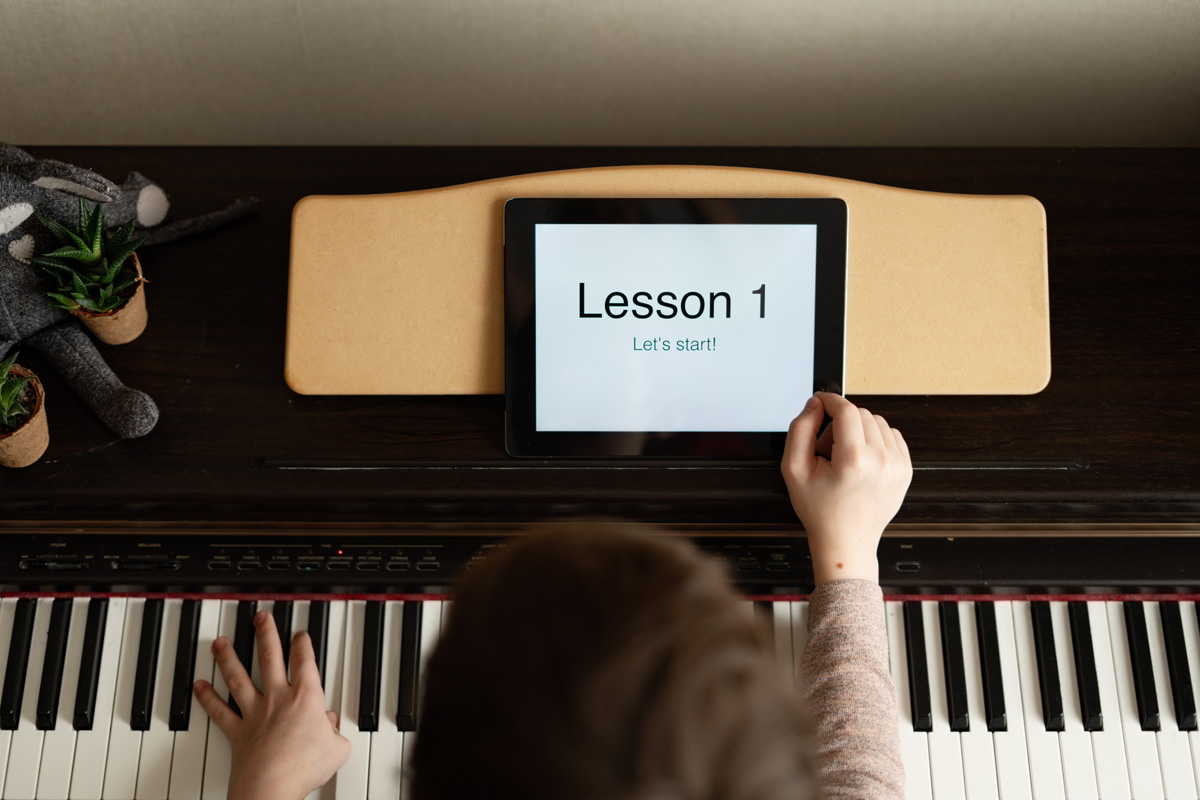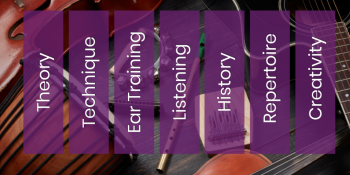
How To Plan Your Student’s Practice?
Every student learns at their own pace and as a teacher it can be quite daunting to plan out practice modules for all the different students you have. How can you atleast generalise your practice lessons in a way that every student has an idea what they are practicing and yet doing different levels of exercises based on their skill levels.
At Muzigal, we have come up with seven expressions that will mold a student into a better musician, teach them music theory in a practical based format and approach exercises with more clarity. We will discuss these expressions below.
Technical Exercises : Technical exercises are the most fundamental practice that a student will do in order to master the instrument. No matter which level your student is in, there is always a technical exercise that will upgrade their skills. It can be a finger based exercise,a scale exercise,an interval exercise or a technique based exercise, you can always give your student an exercise depending on their progress in the instrument. These exercises are the physical hard work that is necessary for any student learning music. Give them time to develop each exercise in their muscle memory and then customize the exercises to strengthen their weakness and build their strengths on the instrument.
Music Theory : Music theory is the knowledge one needs to understand the concept of music. It can start from very basic information like what each part of an instrument does to a complex lesson on how to use scales in a variety of manners and in between that. Anything that we are trying to learn can be understood and be accessed better when the concepts about those lessons are clear. It is easier for anybody to grasp a lesson when you understand the underlying reason and method. You can teach music theory according to the progress of lessons to your student.
Critical Listening : To learn music, you have to listen to music. And the same habits have to be cultivated in your student. Refer artists that you think will help broaden their knowledge. Guide them to listen to the different instruments and different styles each instrument can play. Help them differentiate structure of a song and expose them to as many genres of music you can. Listening to artists will build a base, a reference, an inspiration for your students to stay involved with their instrument and motivate them to get better.
Ear Training : Like we have established the point in the previous expression, listening is a vital skill for any musicians. Now students must learn to train their ears to different pitches of their instrument. Teach them how they can develop their ear for melodies, harmonies, hooks and apply them to their instrument. Ear training is something that has to be practiced regularly and for a long time. So you can start off with basic exercises like identifying which of the two pitches are high or low. Once they get a hang of it, you can proceed with exercises like singing the pitches they hear or playing them on their instrument.
Repertoire : Everyone who wants to learn an instrument wants to play songs and famous tunes. So it is important to teach them riffs or chords from a song, melodies from trending hits and also train them to play with the audio track itself. It builds confidence and a student feels that they have achieved something. This will motivate them to challenge themselves even further and be curious about music. Always work on a song when you can other than the technical exercises and theories, this will keep the student interested. If you can, try to integrate the technical exercises with the songs which will give them the knowledge of using theory concept and technical exercise into practicality on a song.
Improvisation and Creativity : This phase is a bit difficult to integrate into a student’s lesson in the beginning as they are learning their instrument and may not be well equipped to create and put their ideas on the instrument. However, as they progress it is important to build that creativity in their playing. Especially, when they have learned scales, you can teach them to improvise with single notes and form different beats with a single note. Guide them to explore with notes and different ways to approach beats.
Music History : You must be wondering why this is important. Well, so that you can make them feel part of the community, the history and the immense richness of music. It is good to know the history and let the student know how each genre originated and how music has evolved. Show them the performances that have made a huge impact in a particular era or in the evolution of music. Give them a brief history of how each instrument has originated and that will give the student a sense of belonging to the community.



 Version
2.0
Version
2.0